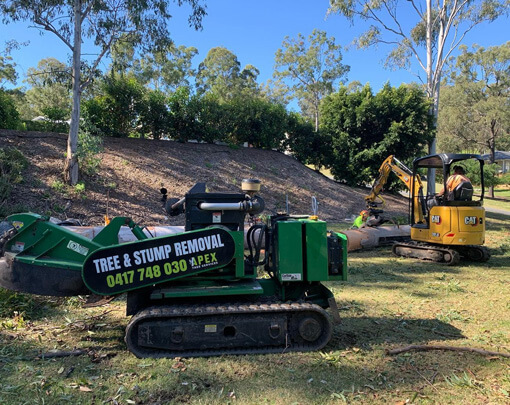All Categories
Featured
The removal of trees can create open areas that are at risk to weed intrusion. When trees exist, their dense covers frequently color the ground, limiting the amount of sunshine that gets to the dirt. After the removal of trees, these open areas receive increased sunlight, offering excellent problems for weed development.

They may suggest the use of compost, which acts as a safety obstacle on the dirt surface, protecting against weed seeds from germinating and subduing weed growth.

The visibility of trees promotes an abundant and diverse neighborhood of dirt microorganisms. Tree origins offer a resource of natural matter, exudates, and nutrients that sustain the growth and activity of helpful dirt bacteria. However, when trees are gotten rid of, the lack of their roots can interfere with the delicate balance of the soil's microbial environment.
How Much Does Full Service Tree Loppers Wollongong Cost?
To resolve the effects of tree reducing on soil pH, tree elimination professionals can give valuable recommendations. Based on the results, experts can suggest pH adjustment techniques, such as including lime to raise dirt pH or including elemental sulfur to lower it.

It describes the compression of dirt fragments, leading to minimized pore area and enhanced soil density. This compaction can negatively impact the soil's capacity to function ideally, affecting its water-holding capability, vitamins and mineral accessibility, and origin penetration. Appropriate techniques used by tree elimination experts can assist reduce compaction and maintain the dirt's capability to preserve water, and permit sufficient air movement and careful equipment handling.
Latest Posts
What Is The Best Wollongong City Council Tree Removal Service?
How Do I Choose A Tree Arborist Wollongong Service?
Who Is The Best Tree Arborist Wollongong Company?